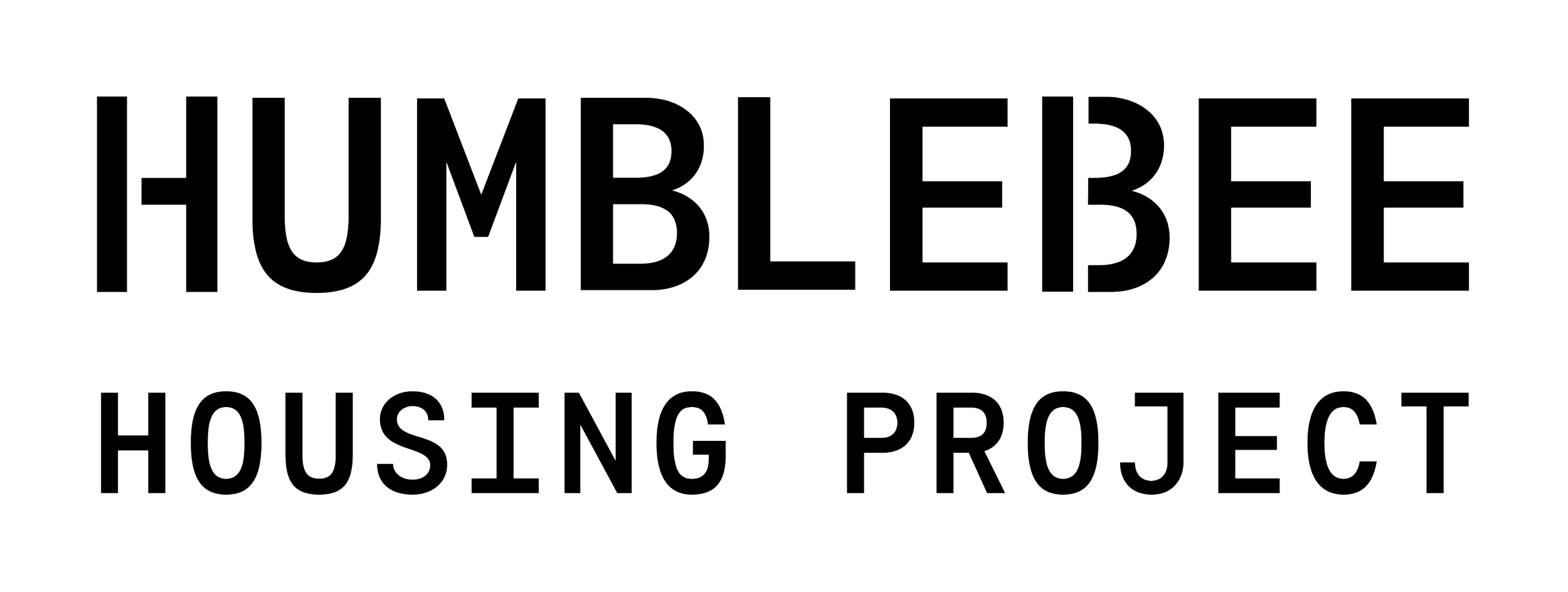
Whats all the Buzz about Bees?
bees are incredibly important Creatures
Bees and other pollinators are key players in maintaining biodiversity, ensuring food security and contributing to the economy. They achieve all this by the seemingly simple dance of flying from flower to flower in search of nectar and in the process moving around pollen which enables the flowers to produce seeds. This act of pollination plays a fundamental role in regulating ecosystem services in nature and promoting biodiversity.
Bees literally put food on our table — so much so that 75% of food crops that produce fruits or seeds depend, at least in part, on the work of pollinators. Its not just the quantity of food but also the quality of our diets that can be attributed to them since majority of the micronutrients in our diets (like the 90% of all vitamin-C) originate from the fruits pollinated by bees.
When measured in monetary value the contribution of pollinators to global agriculture is estimated to be in hundreds of billions every year. Bees are supporting the livelihoods of farmers world wide and helping them to provide affordable and nutritious food to the rest of us.
..but they are also in terrible trouble
In the speed of modern world’s development the bees are being left in the dust. Land use for construction and intensive agricultural practices have fragmented the natural habitats of wild bees and made it difficult for them to find food. Somewhat ironically the pestisides intended for increasing crop yields have caused a devastating effect on the bees responsibe for pollinating the food crops. Climate change is pushing the natural weather patterns out of sychronization with the delicate lifecycles of bees and making their habitats too hot to handle.
So the bees are struggling but, compared to the domesticated honeybees, the real short end of the stick falls to the wild bees whose natural habitats have been disappearing at a rate that has left one-third of the 225 species living in Finland classified as endangered. The situation is serious, and something needs to be done, but why all the fuzz about urban honeybees when the wild bees are the ones in trouble?
Why Urban Beekeeping Matters?
Bringing honeybees to the city rooftops has no direct impact on wild bees’ distress, but the indirect benefits brought by the city bees are far too great to be ignored.
Rooftop beehives provide pollination services for urban nature
The parks, balconies, and city gardens are home to a surprising diversity of plants that need bees to produce fruit and flourish. A single urban beehive provides home for tens of thousands of honeybees that turn blossoms into cherries and keep the tomatoes growing.
Urban honeybees act as essential ambassadors to their wild cousins
Bees buzzing from office rooftops to opera backyards and communal gardens attract attention and spark necessary conversations about the vital role all bees have in our ecosystem. The core of the problem is rural, but the critical decisions to solve it are made in the cities.
Bees are helping researchers to study urban biodiversity
While flying around the parks collecting nectar for their honey, the bees also gather an incredible amount of information about the plants that grow in 2km radius from the hive.
By analyzing the honey with DNA-technology, researchers get a better picture of the urban biodiversity and the results can be used for developing more sustainable cities
How can you help the bees?
-
When it comes to helping the bees, all actions matter. Pollinators, including bees, need and benefit greatly from a “flower continuum” throughout the season. Offering a wide range of different types of pollen and nectar sources that bloom from early spring until late autumn assures that the bees will always have something to eat.
-
In addition, pollinators need a nesting site in order to thrive. Spare the weeds and help the bees! By allowing your garden to have a few shades of hay, twigs, bushes, and wood all insects will have a better ground to lay their eggs. Avoiding pesticides in your garden and favoring manual ways of “fighting” weeds is key in helping pollinators thrive.
-
Approximately half of the insects are night active and maintaining the balance with them is important. Turn off the artificial lights and close the windows during the summertime nights to save these creatures from any additional suffering and death.
-
By supporting your local beekeepers you will help an ethically operating company to train future beekeepers to keep up the good work. In addition, you will directly support the pollination of the local area with a domestic bee population adapted to local conditions.
-
The UN has designated the 20th of May as the World Bee Day to raise awareness of the importance of pollinators, the threats they face and their contribution to sustainable development. This day is a great opportunity for individuals and companies to take some concrete action to help the bees and spread the buzz on social media.
Follow the hashtag #worldbeeday to stay in the loop
-
Wild bees like to make their homes into piles of leaves, bunches of twigs or rotting logs, all things that are normally considered an eye-sore by us people. Leave a corner of your garder as an unruly oasis for wild bees to make their cozy homes and if you are worried about your neighbours’ judging looks you can make a little sign saying “Here is the house of the bumblebee”




Follow us on: